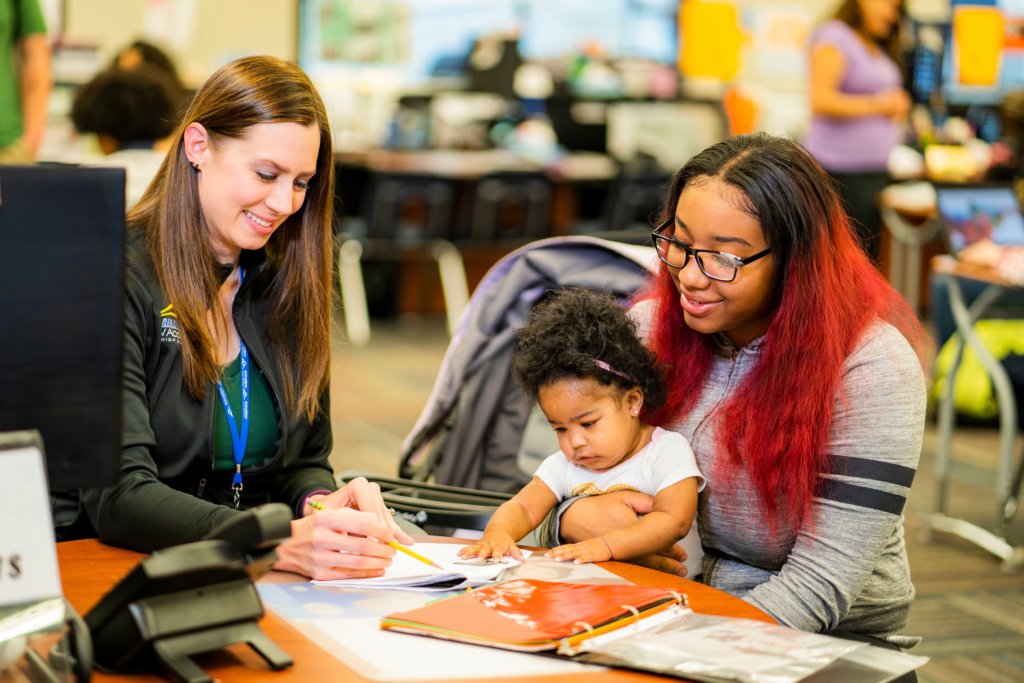AUSTIN, Tex. (September 15, 2020) – Austin has thousands of residents who are considered Opportunity Youth, young people between the ages of 16 and 24 who are not in school or participating in the workforce. High school dropouts are more likely to live in poverty, burden public resources, be incarcerated or parent a child as a teenager. The children of dropouts are more likely to drop out themselves, perpetuating a generational chain of poverty.

“We are grateful for the confidence expressed by the Texas State Board of Education members in our ability to re-engage the students of Austin,” said Kenya Jackson, the chair of the board of Texas First Education, the Austin-based nonprofit organization opening the Learn4Life-Austin program. “We are pleased to be bringing a proven model of education to Texas.”
For 20 years, Learn4Life has committed to breaking the dropout cycle by creating classrooms of one for at-risk students who have struggled in traditional schools or are so far behind, they won’t be able to graduate with their class. Though a personalized learning model, students receive one-on-one support, a flexible schedule, wrap-around services and job training – all with trauma-informed practices.
Many of its 49,000 at-risk students in California, Michigan and Ohio have endured traumas such as foster care, homelessness, hunger, abuse, bullying, illness, political/religious refuge and even human trafficking. Eighty percent are low-income, many are pregnant or parenting teens, and most enroll after dropping out, more than a year behind in credits. Learn4Life’s trauma-informed approach helps teens develop resilience to support a positive transition to adulthood after they earn their diploma.
Learn4Life is successful with 90% of its students – reengaging them in their education, helping them graduate, and preparing them for a life beyond high school with job training and placement. Nearly half enroll in post-secondary education after graduating from Learn4Life.
Understanding even small interruptions to a student’s momentum can derail their educational progress, Learn4life has kept students engaged during the pandemic. One-on-one meetings with teachers and tutors have continued using technology such as Google Hangouts, a private YouTube curriculum channel and instant messaging. Each teacher at Learn4Life is responsible for about 35 students – unlike most high school teachers who have as many as 180 students. Learn4Life provided more than 20,000 hot spots and devices to students who needed it to stay connected to school.
Putting students back into schools means putting money back into the state. Instead of creating a lifelong drain on public resources, the thousands of dropouts saved go on to become productive, contributing members of society. Every dropout who earns their diploma is six times more likely to vote; 67 percent less likely to be unemployed and eight times less likely to be incarcerated. Watch this video to learn more about Learn4Life’s model to change students’ stories.
